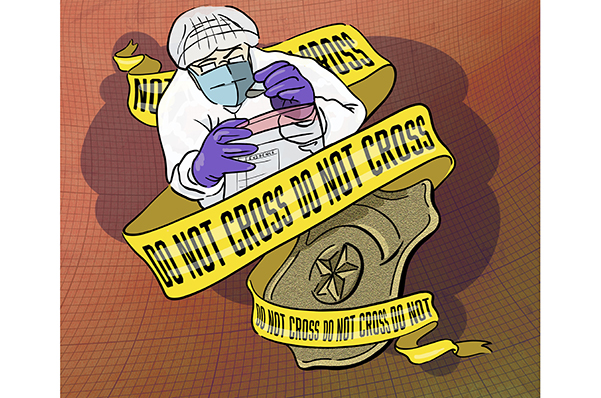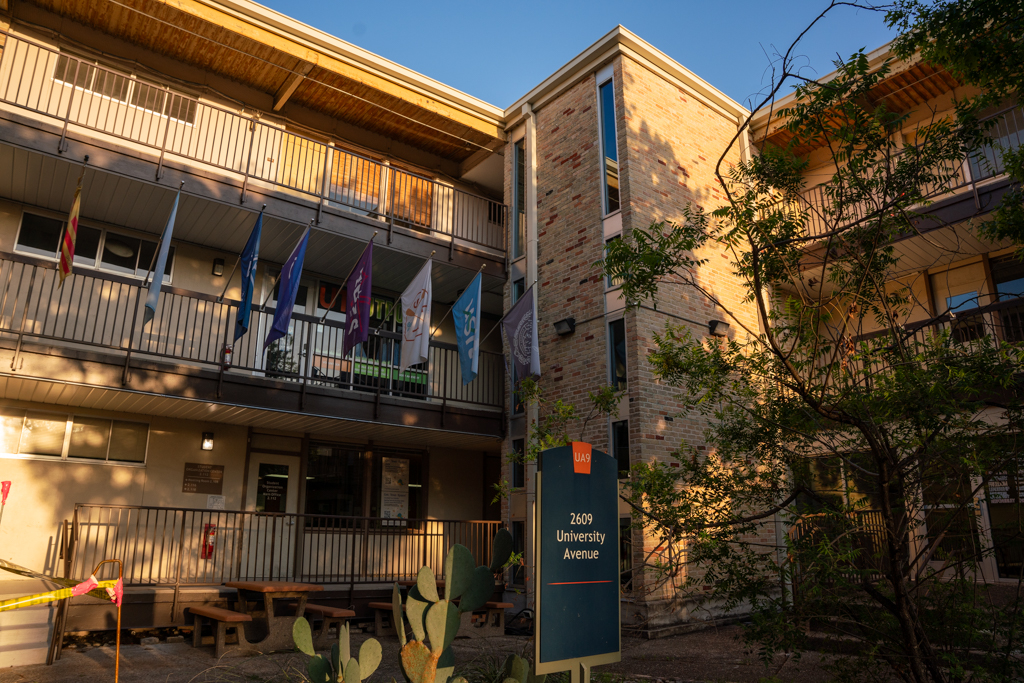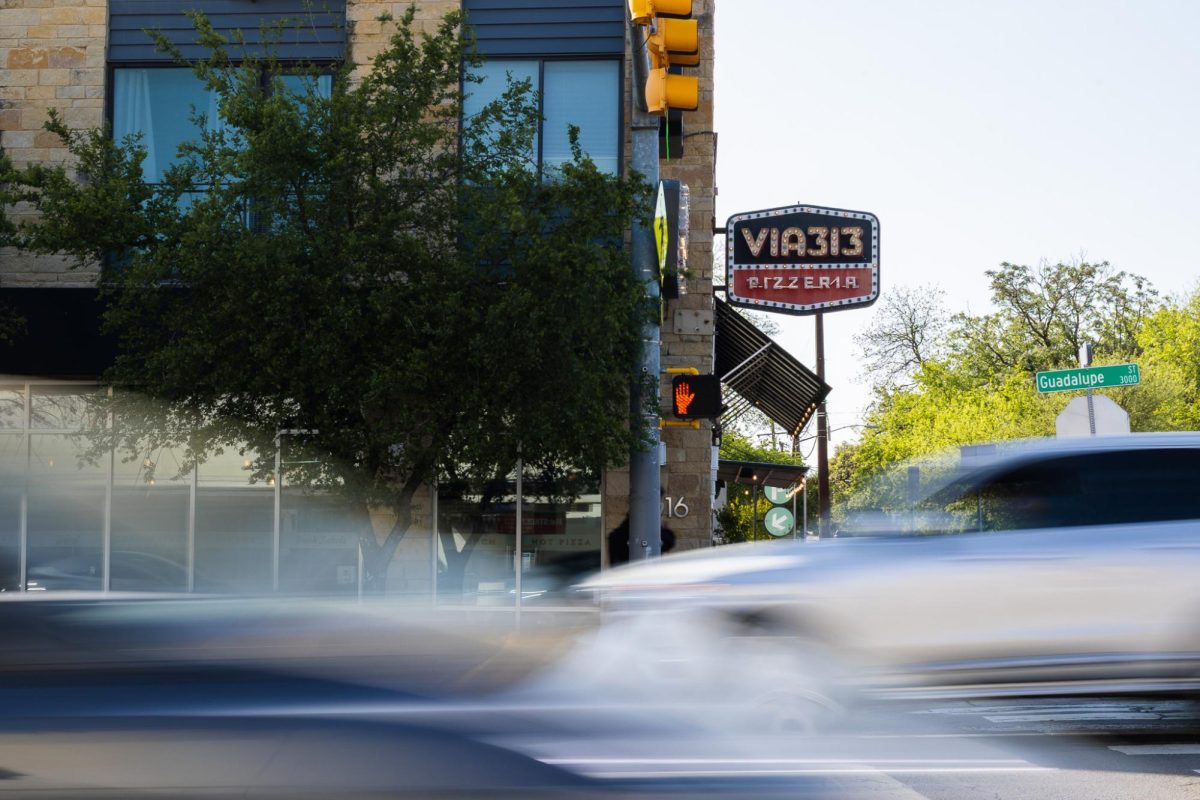Editor's Note: This story first appeared in The Daily Texan's February 9 print edition.
The Austin City Council voted to separate its forensics lab from the Austin Police Department last Thursday, a move that the council hopes will create more efficiency in evidence testing.
APD’s budget will transfer $11.9 million and 86 full-time positions in the lab to the Forensic Science Department to support the change.
The lab will maintain the same functions as before, but the change is expected to ensure a more timely processing of evidence and a better allocation of funds that will allow for more well-trained staff, law professor Jennifer Laurin said.
The Texas Department of Public Safety took over APD’s crime lab in 2017 after a state audit showed the police-run lab failed to adopt nationally recognized testing guidelines and mishandled evidence, according to the Austin Monitor.
After the shutdown, a backlog of over 4,000 untested rape kits accumulated, causing outsourcing to other states and labs, according to KXAN. Austin City Council member Greg Casar said the city council hopes the shift to a scientist-run lab will help prevent this from happening again.
“We must prevent rape kit backlogs, prevent inaccurate science that impedes justice and avoid further failures of accountability,” Casar said. “This move has been a long time in the making, and it’s because of survivors and advocates that we are able to take this step forward.”
Laurin, who studies regulating forensic science, said that objectivity in producing evidence is essential.
“It is important for scientific evidence to truly be produced and supervised by individuals whose ultimate commitment is to scientific integrity and the scientific method, rather than ultimate commitment to law enforcement or crime fighting,” Laurin said.
Kelly White, co-CEO of the SAFE Alliance, an Austin advocacy group for survivors of sexual violence, said it is best practice for forensic testing to be separate from APD.
“This change will create transparency and provide additional answers to survivors by removing unnecessary layers of oversight,” White said. “It is best practice to have the forensic testing separated from investigations. … My hope is that this change will mean that survivors feel heard.”
Laurin also said this shift in administration will help ensure the lab is not underfunded since it is no longer a piece of APD’s larger budget.
“One thing that we've seen in crime lab scandals … is that the crime laboratories were clearly underfunded, they clearly lacked adequate equipment, they lacked adequate in-service training, they lacked adequate salaries to attract well-qualified individuals,” Laurin said. “Part of the reason for this is because these were just one line item against a line for things like new police cars and new patrol officers.”
The Fiscal Year 2020-2021 General Fund Budget must first be amended before a transition can begin, according to the Feb. 4 meeting agenda of Austin City Council. Decisions about the lab’s contract with the Texas Department of Public Safety, which was supposed to last until 2022, must also be made before the transfer. The transfer will not affect the positions of those currently employed in the crime lab.





















